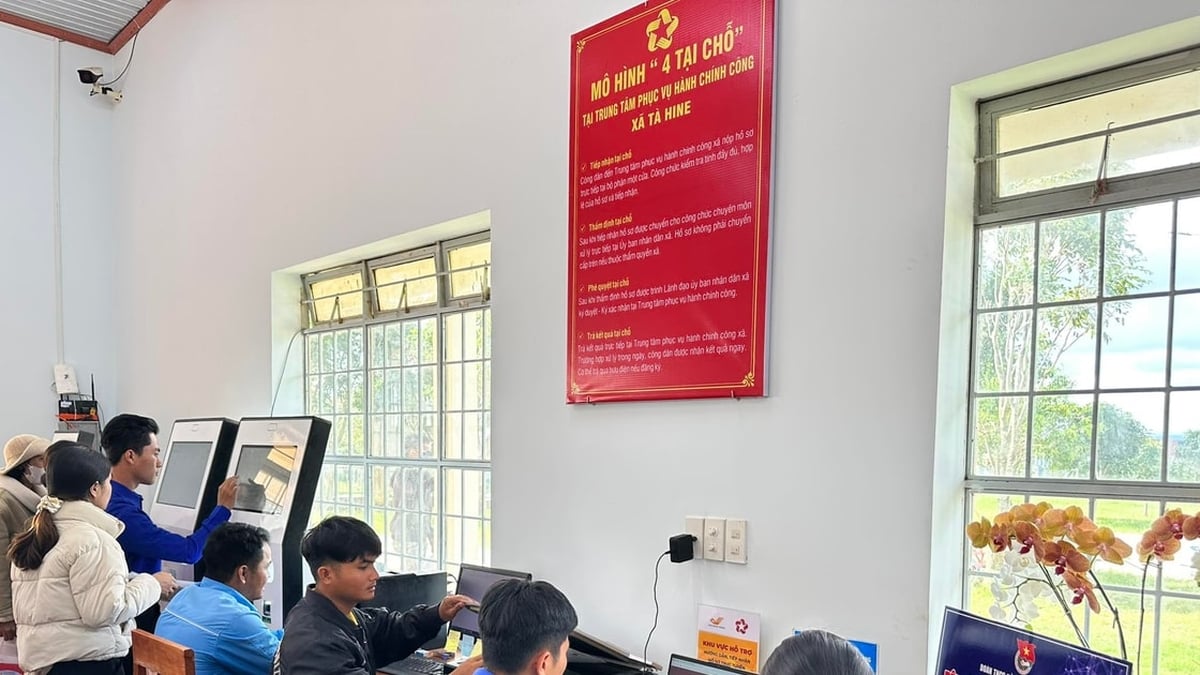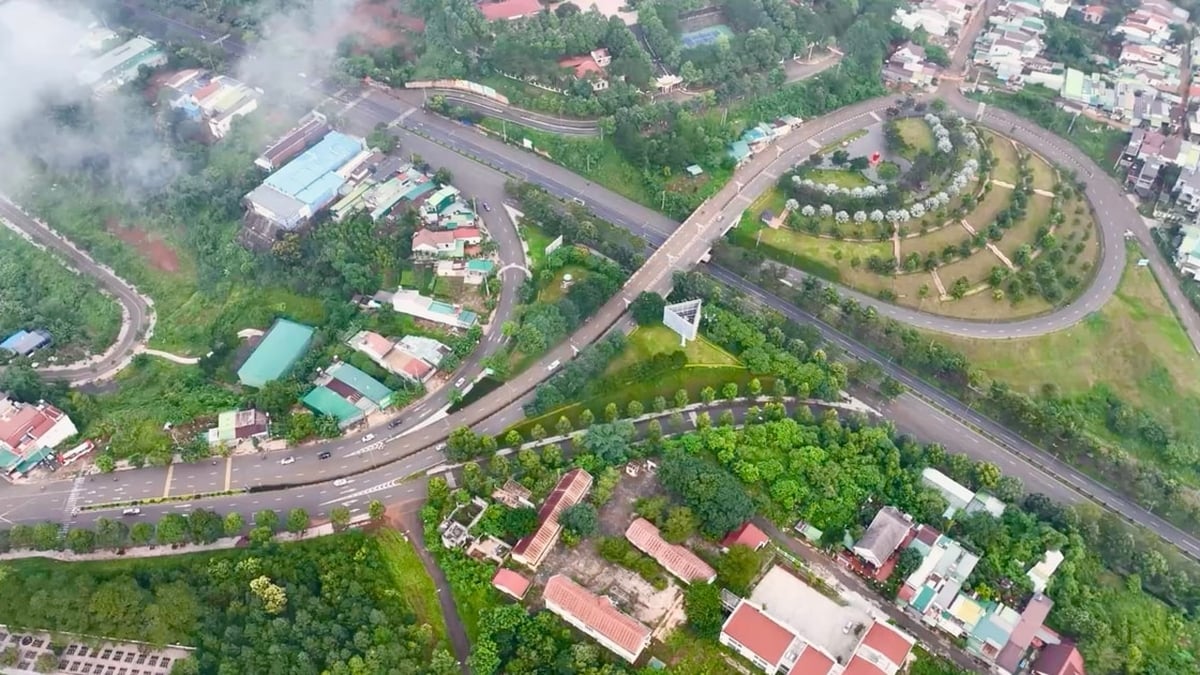Recently, in Decision No. 1575 of the Prime Minister promulgating the Plan for implementing the Law on Cadres and Civil Servants in 2025, the Prime Minister requested to complete the arrangement into job positions and ranks corresponding to job positions before July 1, 2027, for civil servants recruited before the effective date of the Law on Cadres and Civil Servants 2025.
Position-based pay is a popular trend in civil service reform worldwide , aiming to ensure fairness, transparency and efficiency in state personnel management.
Singapore
Singapore is one of the typical countries in building and effectively operating a salary system for civil servants based on job positions. Since the 1990s, the Singapore government has carried out extensive reforms in the public sector, focusing on restructuring the remuneration system to attract talent and improve work efficiency. Unlike the traditional rank system in many countries, Singapore applies a salary mechanism based on position, in which each civil service title has clearly defined responsibilities, required capacity and contribution value. On that basis, the salary level is designed to be flexible, competitive and able to adjust according to fluctuations in the labor market.

A prominent feature of this system is the comparison of public sector salaries with private sector salaries to ensure that competent civil servants do not face a large income gap compared to the private sector when choosing to work for the government. This is especially important for senior management positions, technical experts and policy makers. In addition to basic salaries, Singaporean civil servants are also entitled to a number of additional benefits such as performance bonuses, national economic growth bonuses, and special allowances depending on industry groups. Performance appraisals are conducted strictly every year, based on a clear and transparent system of indicators, thereby helping to differentiate rewards between good and poor performers.
Singapore also focuses on training and rotating staff to ensure that their capacity is appropriate to the requirements of each position. The position-based salary mechanism helps encourage civil servants to proactively improve their qualifications, innovate working methods and take greater responsibility for their work. As a result, Singapore's public sector is always assessed as streamlined, efficient and transparent. Singapore's experience shows that paying salary based on job position is not only a financial solution, but also a lever to promote comprehensive reform of public administration.
Japan
Japan is one of the Asian countries that has implemented a salary system for civil servants based on their job positions early and systematically. After World War II, along with the process of modernizing the state apparatus, the Japanese government reformed the salary system to overcome the leveling and lack of motivation in the public sector. The model is built on the principle of salary payment linked to the title, tasks and capacity requirements of each specific position, while at the same time having a mechanism for periodic performance evaluation to adjust the remuneration system flexibly and fairly.

The civil servant salary system in Japan is classified by industry groups such as administration, engineering, finance, health, education, etc., in which each position has a clearly defined scope of work and level of responsibility. The salary scale is designed according to position and is periodically updated to suit socio-economic conditions. In the same industry group, but civil servants in higher positions, with more management tasks or deeper expertise will be paid higher salaries. Salary promotion is not only based on seniority, but also depends on the results of capacity and work performance evaluation.
One notable point is that Japan pays great attention to quantitatively evaluating the work results of civil servants. The evaluation system is applied regularly, transparently and has clear criteria such as work progress, output quality, target completion level or people's satisfaction. On that basis, salary and promotion opportunities will be adjusted accordingly. In addition to the basic salary, civil servants can also receive allowances such as allowances for working in difficult areas, responsibility allowances or performance allowances during special periods.
By adopting a position-based pay system, the public sector in Japan maintains a high level of professionalism, fairness and efficiency. This approach not only helps allocate resources appropriately but also encourages civil servants to proactively improve their qualifications, commit to their duties and better serve society.
Virtue
Germany is a country with a well-organized and transparent public administration system, in which the salary system for civil servants based on job positions has been implemented for a long time and is constantly being improved. Unlike many models that are based on seniority or qualifications, the civil servant salary system in Germany is designed based on the principle of properly assessing the functions, tasks and level of responsibility of each specific position in the state apparatus. This helps ensure fairness within the agency and improve the efficiency of public sector operations.

German civil servants are divided into large groups based on their entry level, such as secondary, college, university and postgraduate, and are then assigned to appropriate salary scales. Within each group, each job position is associated with a specific salary scale, reflecting the nature of the job, the role in the organization and the individual's abilities. For example, a district-level administrative specialist will have a different salary than a policy-making expert at the federal level, even though they are both in the civil service system. Each position has a clear job description and a transparent promotion path, helping employees clearly understand their responsibilities and benefits at each stage of their work.
In addition to the basic salary, the civil service remuneration system in Germany also includes allowances such as responsibility allowances, regional allowances, family allowances and accompanying social security regimes. Long-term civil servants will receive a pension commensurate with their rank and years of service. In particular, Germany pays great attention to career stability and professionalism of civil servants, considering this a fundamental factor of an effective and reliable administrative apparatus.
The German position-based wage system is not only a human resource management tool but also a manifestation of the public service philosophy based on competence and responsibility. Through this, Germany has built a transparent, efficient and highly stable public administration, while maintaining strong trust from the people.
Source: https://khoahocdoisong.vn/cac-nuoc-tra-luong-cong-chuc-theo-vi-tri-viec-lam-the-nao-post1557061.html



































































































Comment (0)